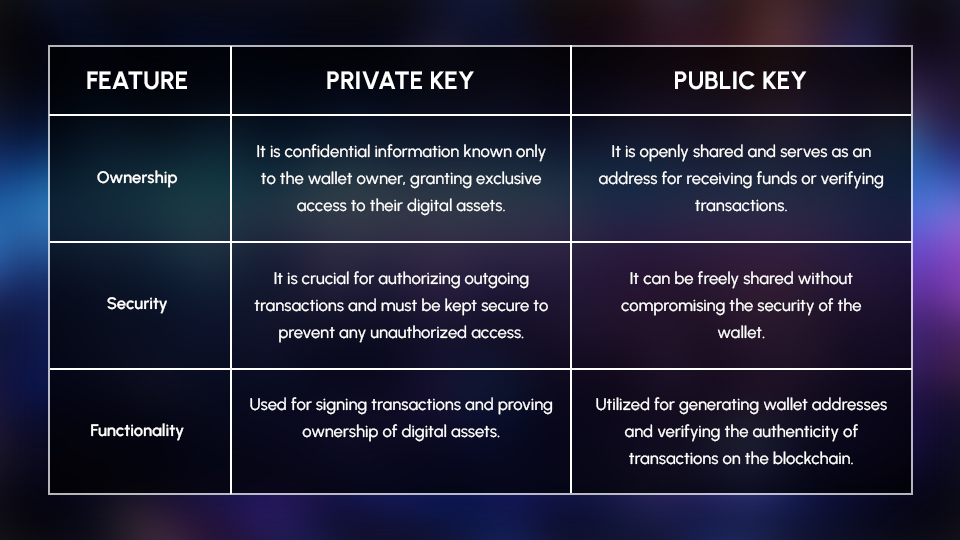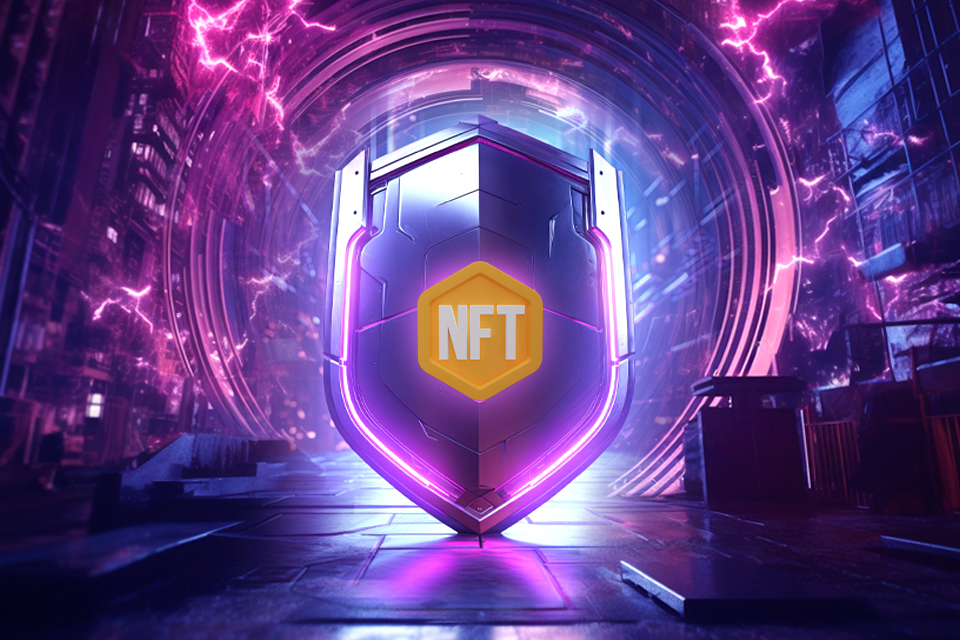For any enthusiast, one major step to keeping NFTs safe is having a crypto wallet that suits their requirements.
Understanding Hot and Cold Wallets
Hot wallets are a kind of crypto wallet that is always connected to the internet. Even though these wallets are easy to set up for beginners, they are more vulnerable to hacking. Example: All desktop and mobile wallet apps or browser extension wallets.
However, cold wallets are not connected to the Internet, and you can physically hold them. They might not be a convenient option for beginners, but they are more secure compared to hot wallets. For example, all hardware and paper wallets.

Custodial & Non-Custodial Wallets
In custodial wallets, your funds are in the hands of an external entity; it’s like keeping your money with a bank. Therefore, you can’t have access to your own wallet’s seed phrase or private keys. The entity can freeze or move your funds from your wallet without even notifying you.
For example, a CEX wallet like Binance or Coinbase.
Meanwhile, in non-custodial wallets, you manage your funds, not any kind of entity. The assets deposited in these wallets are in your full custody, and you will have access to your seed phrase and the private keys. For example, MetaMask, Trust Wallet, and Phantom.
Access Non-Custodial Wallets
Simply follow the wallet provider’s instructions for download and setup. Upon wallet creation, you will receive a 12-word secret recovery code known as a seed phrase. Keep this phrase safe, as it is used to recover your wallet. Remember, sharing your seed phrase or private key compromises wallet security, granting unauthorized access to your wallet.

A private key is similar to a digital signature validating your ownership, and the seed phrase enables you to get access to your wallet if you forget your password. However, these wallets demand due diligence from NFT enthusiasts to protect their digital assets from potential hacks.
Access Custodial Wallets
NFT marketplaces such as AngryMonky, Binance, and Nifty Gateway offer custodial wallet services, protecting your digital assets on your behalf. While some worry about giving custody to third parties, reputable exchanges have security measures to protect users’ holdings.
Example: Ledger and Trezor.
However, whether you choose a custodial or non-custodial wallet, always remember to exercise caution and DYOR in the NFT space.
For more queries, email us at [email protected] or reach out to our Global Telegram community.


